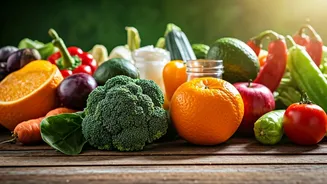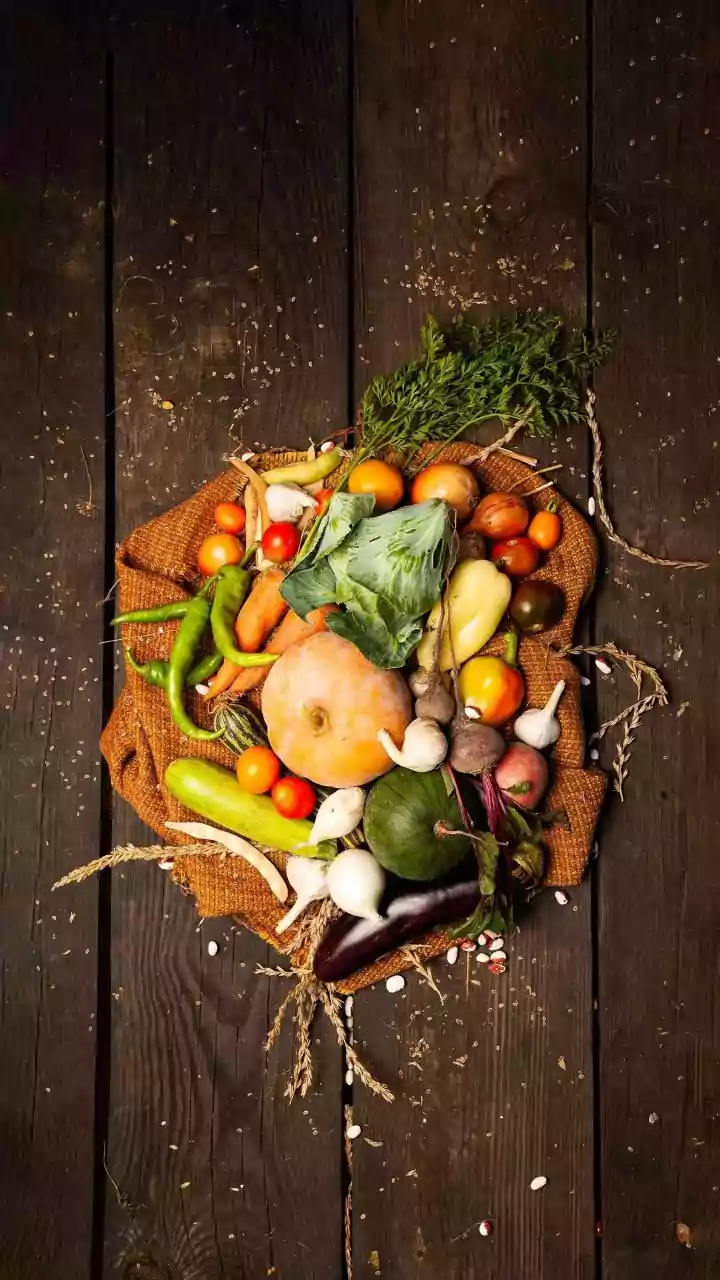Addressing the Hangover
The aftermath of Diwali celebrations, often marked by late nights and rich foods, can manifest as a hangover. One of the primary things to address is dehydration.
Alcohol is a diuretic, which means it increases urine production, leading to fluid loss. To combat this, immediately rehydrate by drinking plenty of water. Electrolyte-rich drinks, such as coconut water or a sports drink, can also help replenish lost minerals. Headaches are a common symptom; consider natural pain relievers like ginger or turmeric. These have anti-inflammatory properties that can alleviate discomfort. Also, get some rest. Sleep is vital for your body's recovery process, allowing it to repair and rejuvenate. Avoid caffeine and other stimulants early on, as these can exacerbate anxiety and dehydration.
Detoxification Strategies
The body naturally detoxifies itself, but you can support the process during recovery. Start with a light and easily digestible diet, such as fruits, vegetables, and lean protein. Consuming foods like leafy greens, berries, and citrus fruits provides antioxidants that combat the damage caused by toxins. Consider herbal teas like dandelion or milk thistle, which are known for their liver-supporting properties. Regular, gentle exercise also helps the body detoxify by promoting circulation and sweating, which releases toxins. Incorporate activities like walking, yoga, or light cardio. Furthermore, ensure you are getting adequate sleep; during sleep, your body carries out many repair and detoxification processes. Minimize your intake of processed foods, sugar, and unhealthy fats, as these can burden the liver and hinder recovery. Limiting your exposure to environmental toxins is also important; this includes reducing your consumption of alcohol and tobacco.
Dietary Adjustments for Recovery
To support your body's recovery after Diwali festivities, consider these dietary adjustments. Focus on foods rich in nutrients and antioxidants, which help your body repair and defend itself. Incorporate easily digestible foods like fruits, vegetables, and lean proteins into your diet. Soups and broths can be particularly beneficial, providing both hydration and essential nutrients. Avoid heavy, fried, and processed foods, which can place an extra burden on your digestive system. These kinds of foods are often high in unhealthy fats and can worsen symptoms such as bloating and fatigue. Opt for smaller, more frequent meals rather than large, heavy meals, to ease digestion and maintain stable energy levels. You can also include foods that naturally support liver function. These foods, like garlic, onions, and cruciferous vegetables, can assist in flushing out toxins from the system. Be mindful of added sugars and refined carbohydrates, which can lead to energy crashes and inflammation. Instead, focus on complex carbohydrates from whole grains, which provide a steady release of energy.
Lifestyle Recommendations for Wellness
To enhance your recovery process and support overall well-being, several lifestyle adjustments can be beneficial. Get adequate sleep, as it is crucial for allowing your body to repair and rejuvenate. Aim for 7-9 hours of quality sleep each night. Practice relaxation techniques, such as meditation or deep breathing exercises, to manage stress and promote relaxation. Excessive stress can hinder the recovery process and weaken your immune system. Engage in light to moderate exercise. Walking, yoga, or stretching can help boost circulation, reduce inflammation, and enhance your mood. Avoid over-exercising, as this can strain your body. Limit your exposure to alcohol and other toxins. If you consumed alcohol during Diwali celebrations, give your body time to recover before consuming any more. Make sure you drink enough water and stay hydrated throughout the day.
























